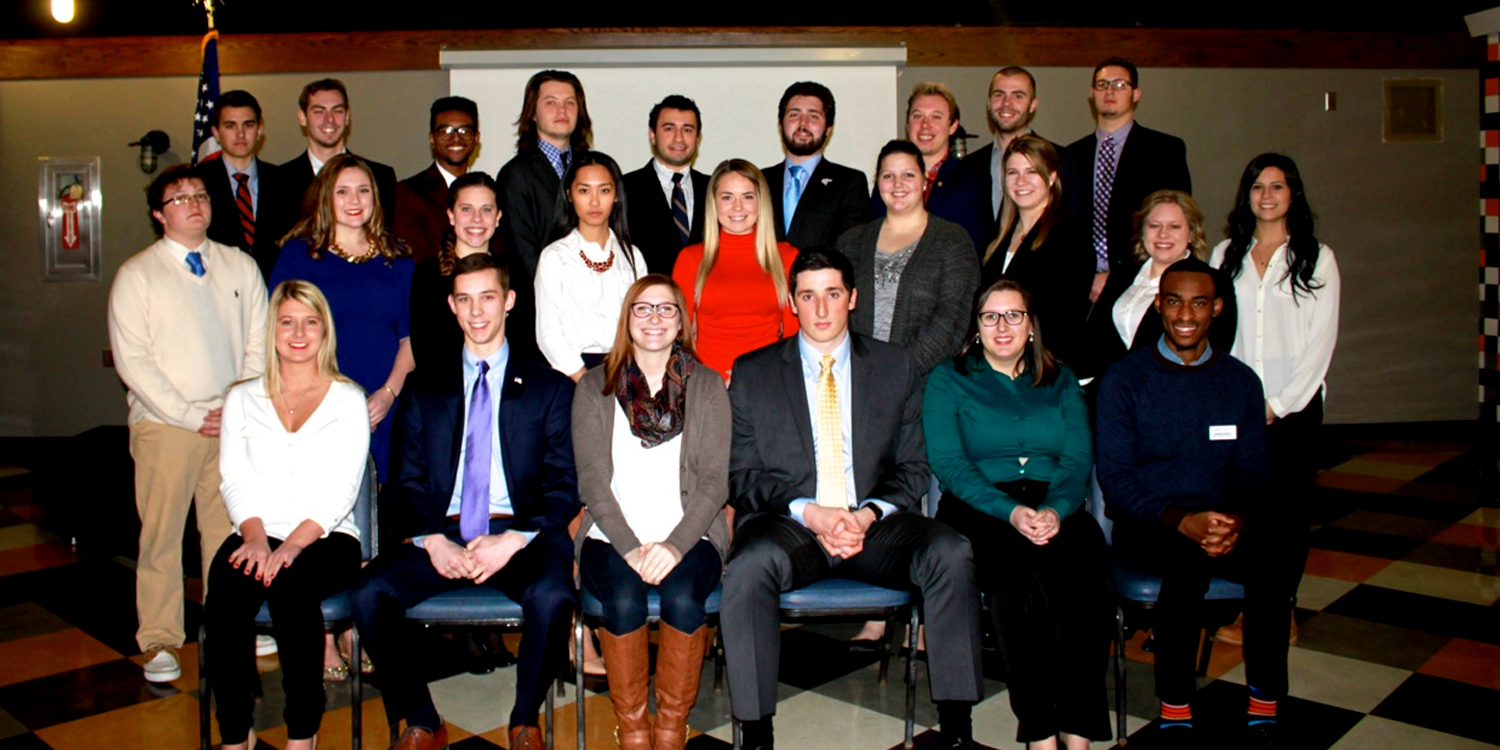Student Government passed a resolution last week, which calls on the university to adopt the Chicago Statement on the Principles of Free Expression.
“The Chicago Principles is a way to protect students from the censorship of the university,” said Dahkota Parish, senator for the class of 2018, who authored the bill. “It’s not to say that we can just go on and say anything that we want to … it’s that the university doesn’t necessarily have the right to censor us, unless we are being detrimental to another student’s studies or their personal life.”
The bill passed the Student Senate unanimously and will now need approval from administration and the Board of Trustees.
Seventeen higher learning institutions across the country have adopted the so-called “Chicago Principles,” including the University of Chicago, Vanderbilt University, Harvard University and Johns Hopkins University.
“It’s important that Capital protects the students and our learning environment,” Parish said. “This is our place to grow and not the university’s place to tell us what information we can and cannot access, and what information student [organizations] are allowed to distribute.”
Opponents of such measures argue that some speech can affect minority groups more than the majority, and that universities have a responsibility to provide safe spaces for affected students.
“It’s unfortunate that other universities censor their students,” Parish said. “Once we get into the real world, there’s not really going to be that censorship … [college] is a good opportunity for us to grow and get good practice for life.”
Parish said that safe spaces on campus should not be affected, so long as they are adequately defined, such as the Office of Diversity and Inclusion.
Allison Kerman, sophomore and senator for the school of social sciences, said she co-authored the bill because she believes students’ right to free speech needs to be secured.
“I spent a month this summer in Oxford and heard multiple tutors and professors complain about how, in the U.S., the first amendment is ensured everywhere except colleges and universities,” Kerman said. “After hearing this spiel quite a few times, I realized I wanted to find a way to ensure that my university would never have this reputation.”

